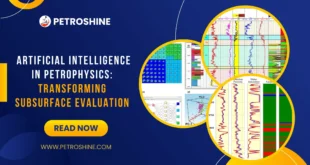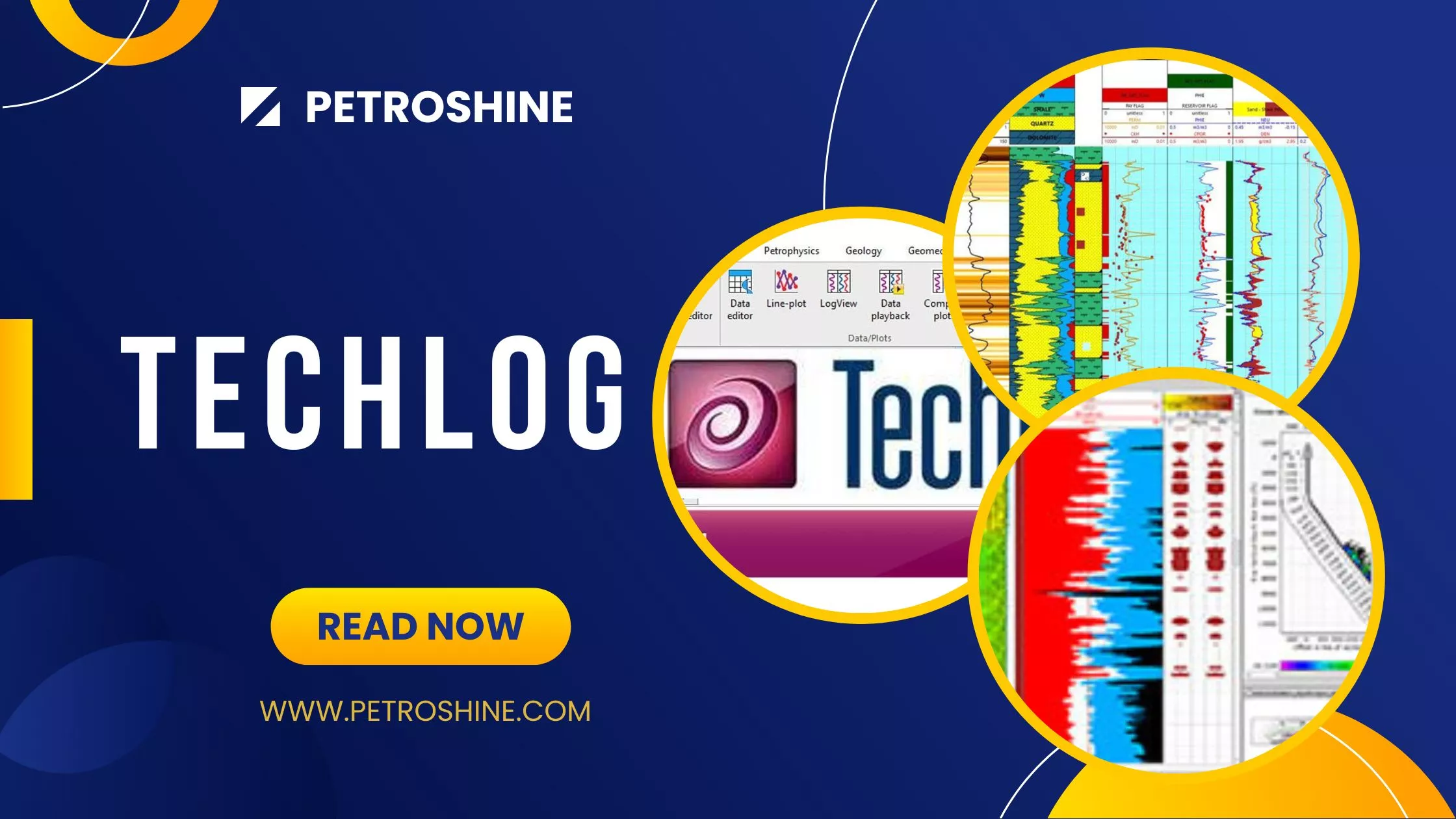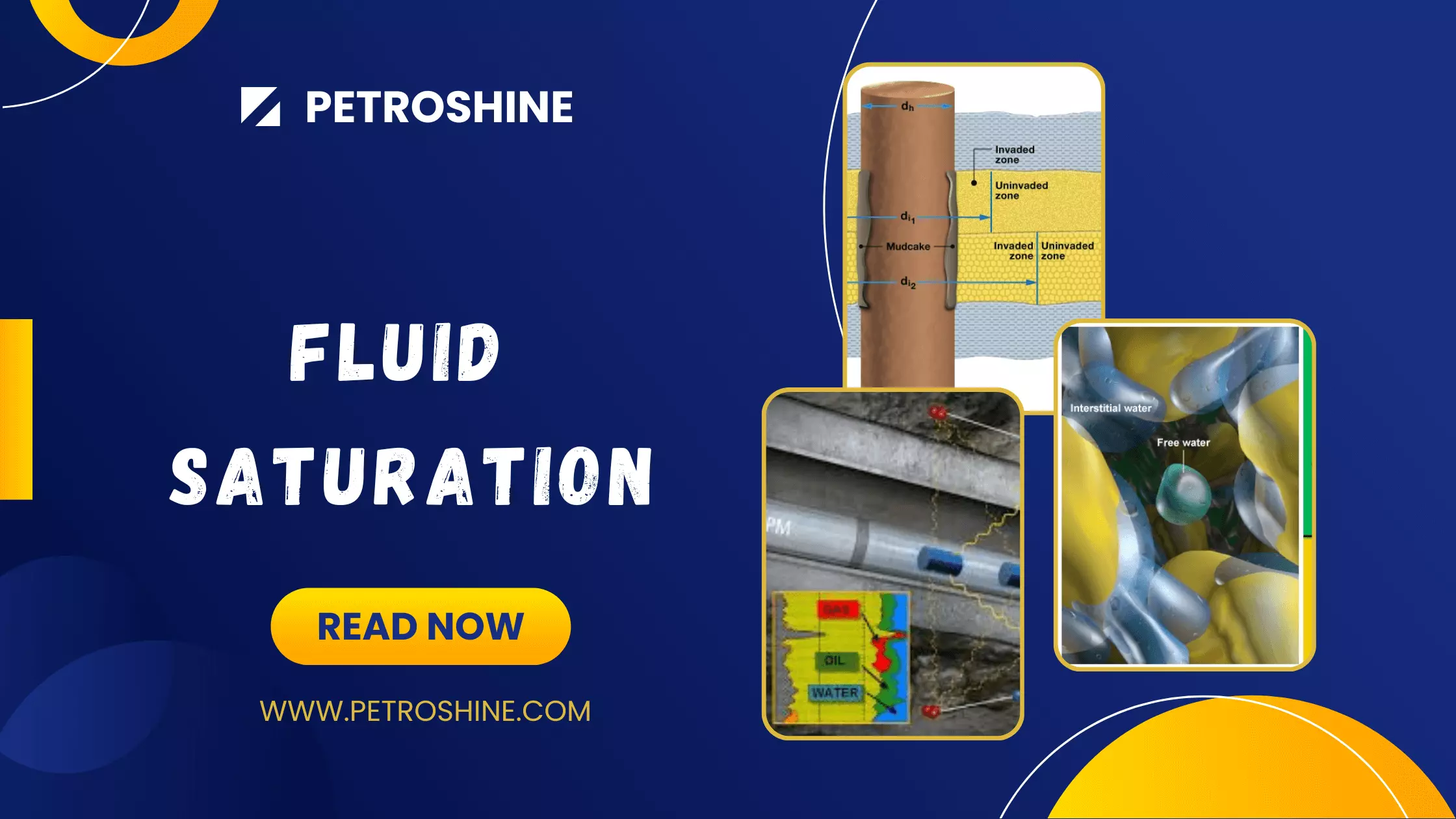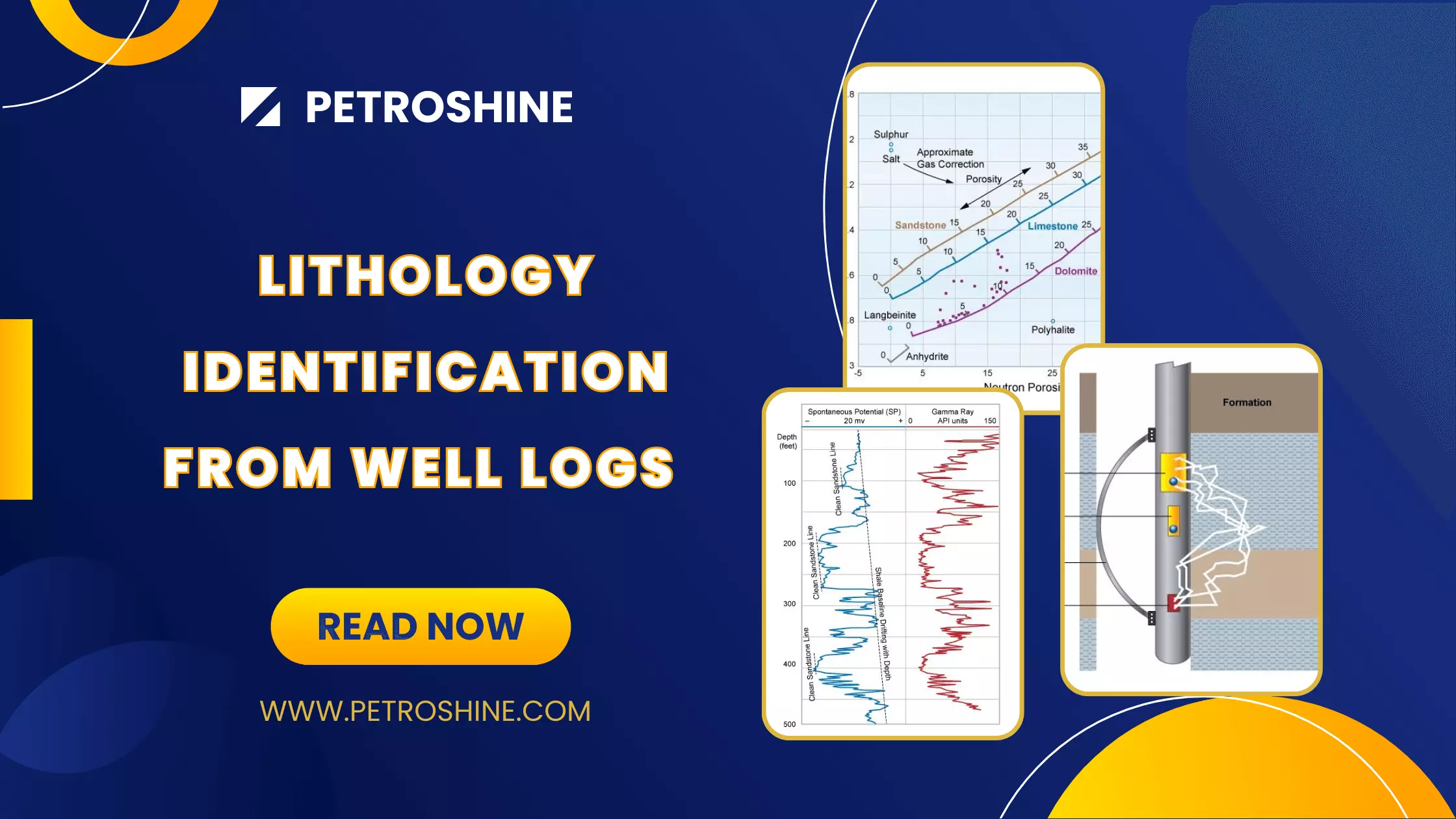Learning Objectives
After completing this topic “Core Reports”, you will be able to:
- Describe what is included in each of the following sections of a complete core report:
- Core acquisition report
- Core processing report
- Core analysis report
Introduction
Historically, core analysis reports tended to consist only of some data tabulations, together with a brief cover letter. Often, no significant details of either the core acquisition processes and field procedures (Figure 1), or the subsequent laboratory testing (Figure 2), were documented within a core analysis report. Any such documentation tended to be both limited in extent and scattered among the daily wellsite reports and the project geologist’s notes. Without this information all combined into one comprehensive report accessible to all, the value of the core analysis data is reduced. In particular, it is difficult to effectively integrate such brief historical core analysis reports with new and well documented analytical core data and analysis reports.
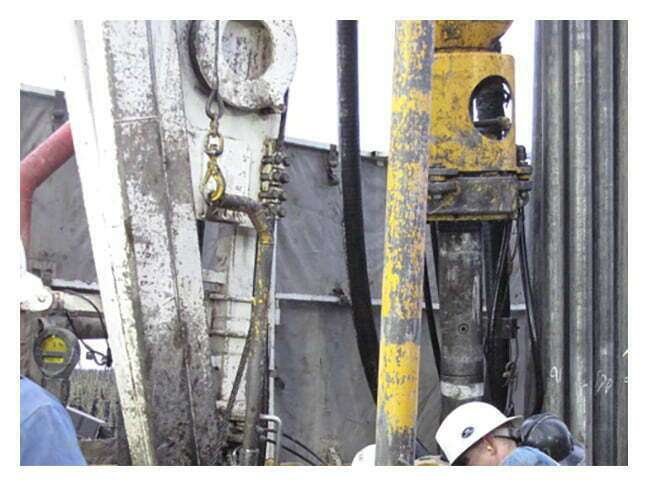

It is essential to document the core acquisition processes and field procedures as well as any departures from the accepted standard coring and core analysis practices and procedures (Almon, 2014). Such deviations from normal operating procedures may include:
- Unusual coring conditions
- Alterations to the planned coring fluids composition
- Changes to the planned wellsite or laboratory core handling and preservation methods
- Unusual and non-standard laboratory procedures, etc.
The core analysis report should contain clear wording to ensure that there is no uncertainty as to the specific testing methods that were used (American Petroleum Institute RP40, 1998).
Oil companies sometimes do not have comprehensive in-house specialists in state-of-the-art core acquisition and analysis techniques and processes, although some larger oil companies do analyze some of their own core data themselves; others have full time core acquisition and analysis specialists and experts on staff. However, this tends to be the exception globally. In the majority of situations, the core analysis contractors have much of the detailed experience and knowledge of the optimum core analysis processes, and they generally manage the core handling and all its analyses. A comprehensive core analysis report by the contractor will allow the operating oil company personnel to gain critical insight into the reservoir which has been cored (Andersen, 2013).
High quality core analysis reports are essential for both conventional and unconventional reservoirs in order to maximize their value (McPhee, 2010). Dacy (2011) presented an approach for the core analysis of gas shale unconventional reservoirs to supplement those by professional societies (API, 1998; Ethridge, 2014).
 Petro Shine The Place for Oil and Gas Professionals.
Petro Shine The Place for Oil and Gas Professionals.
